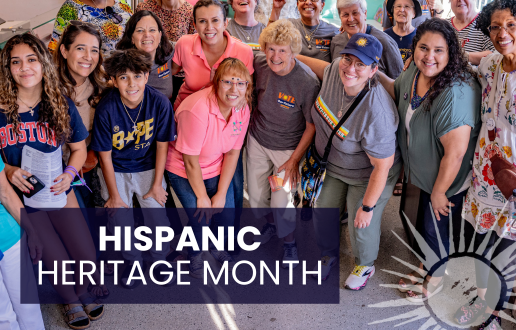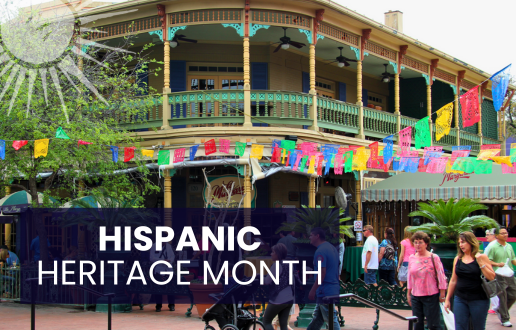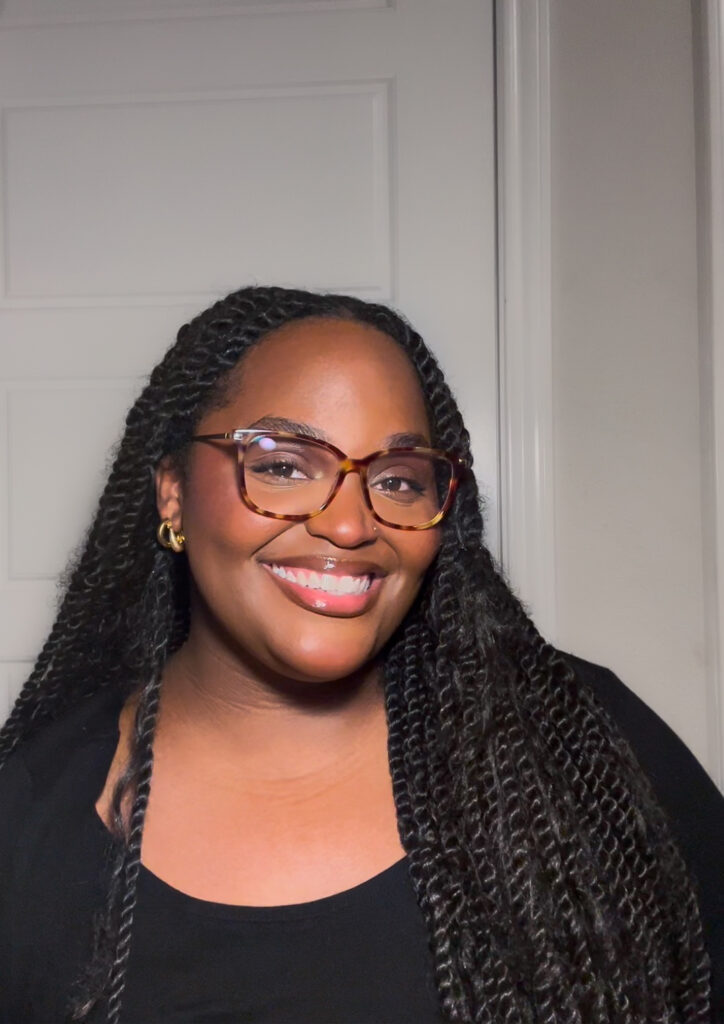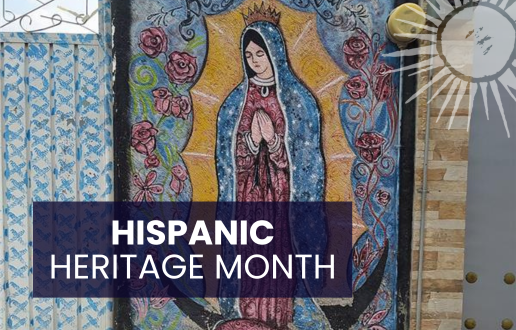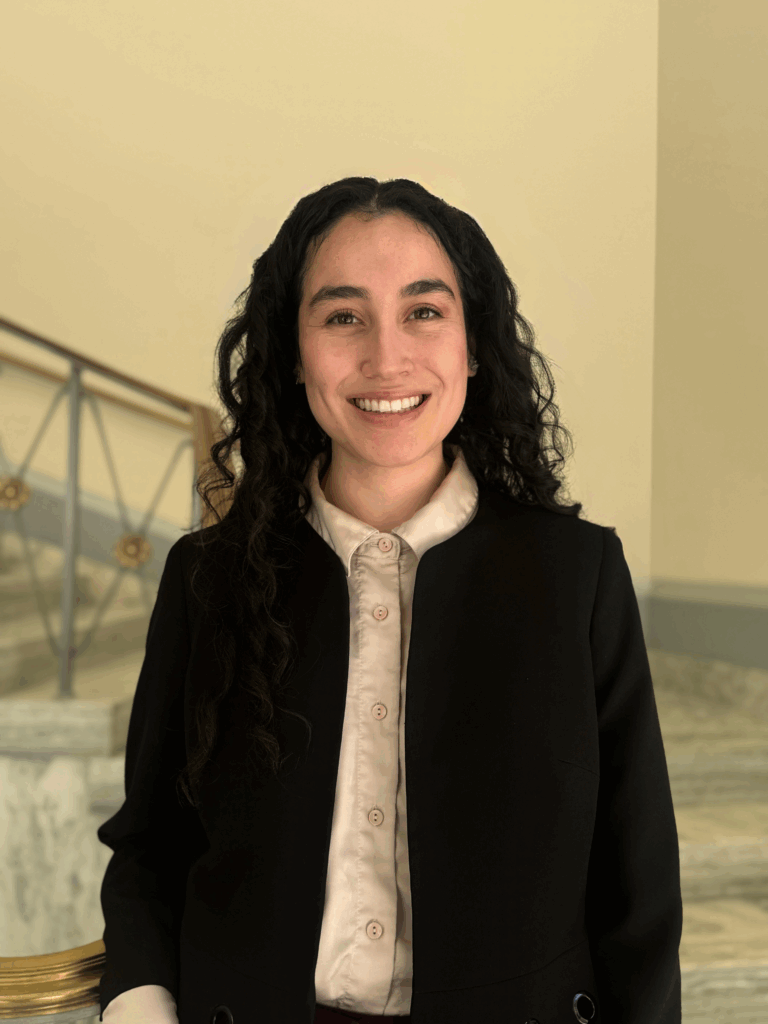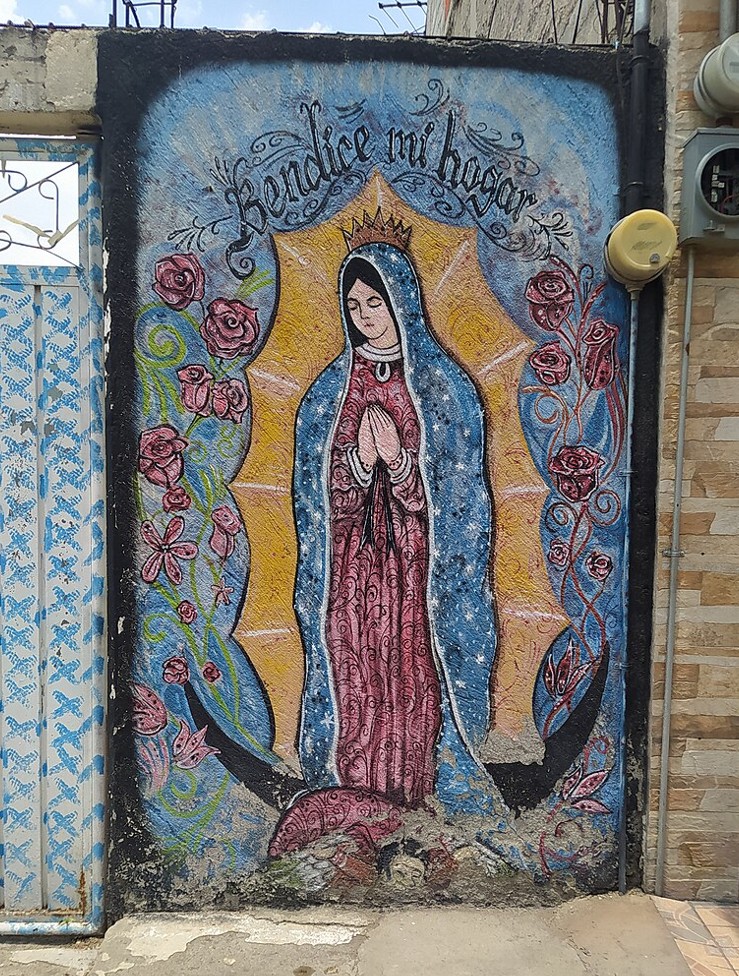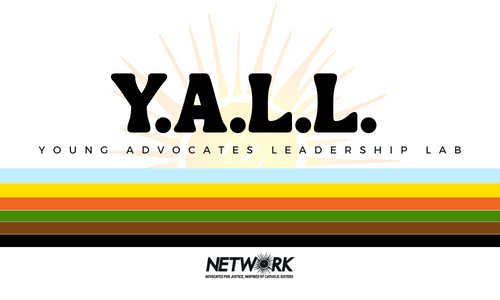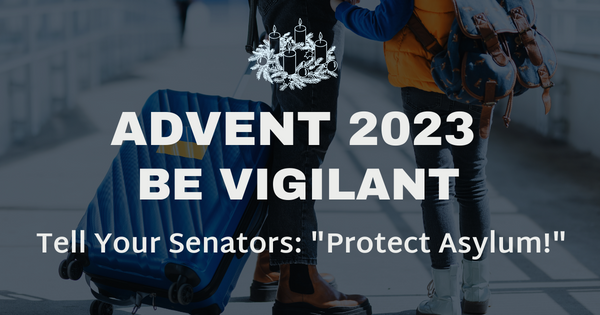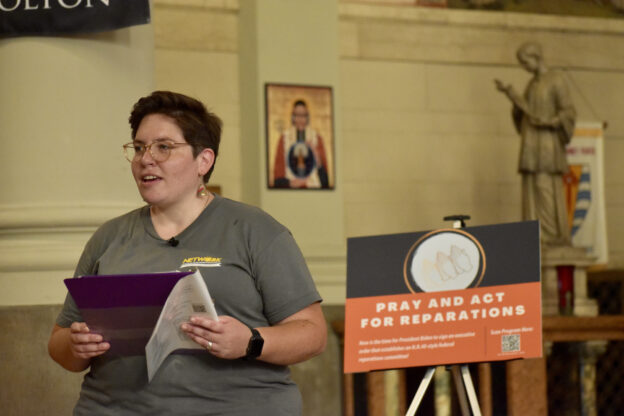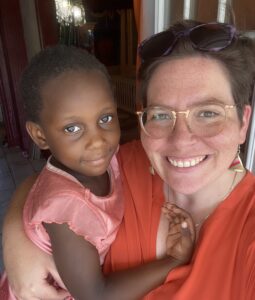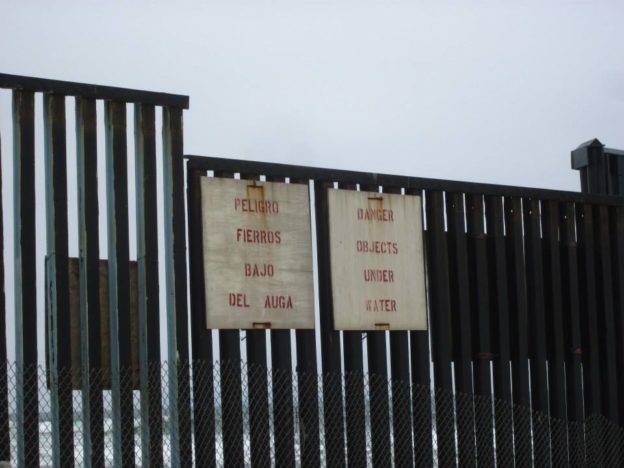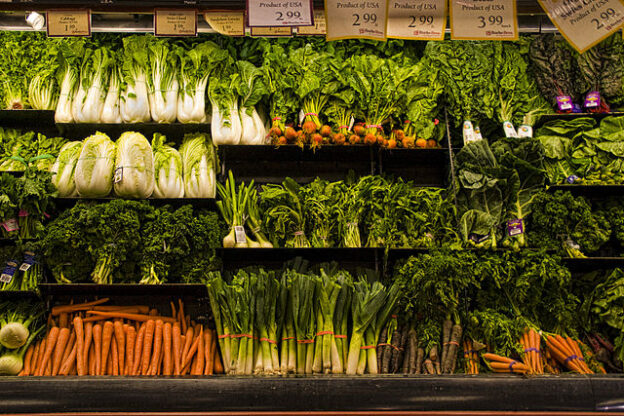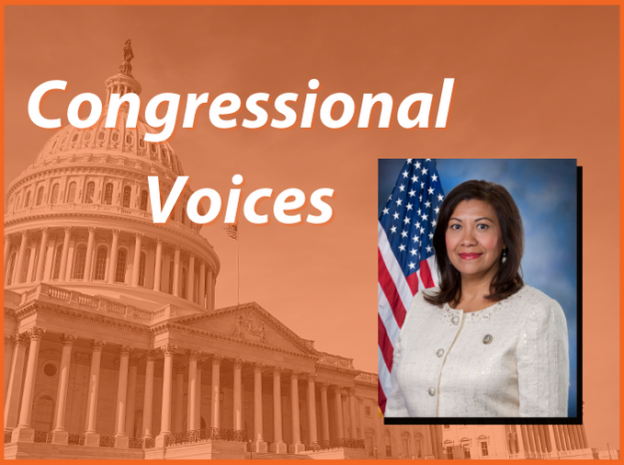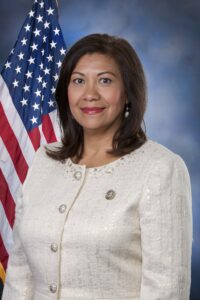Hispanic Heritage Month is About Pride and Justice
While We Celebrate, We Also Face the Challenge to Move Toward Inclusive Justice and Belonging
Steven Perez
October 15, 2025
For Hispanic Heritage Month (September 15-October 15), NETWORK’s Sr. Carol Coston Fellows share their thoughts on the importance of this observance in the U.S. This reflection comes from Steven Perez of Barry University in Miami.
Each year, from September 15-October 15, Hispanic populations around the United States take pride during Hispanic Heritage Month. Why?
On the surface, it seems like another cultural appreciation month to spend our time enjoying food, music, and festivities, but as we dig deeper into the meaning of Hispanic Heritage Month, it is more than just a celebration. It is a time of truth, a space for remembering history, and a call to live out values that make our diverse communities stronger.
Hispanic Heritage Month matters not only because it reminds us of who we are as a nation, but also because it challenges us to remember the dignity and efforts of millions of people whose efforts have helped make this country.
Hispanic Heritage Month began as a weeklong observance in 1968 that then expanded into a month-long celebration in 1988. The dates were chosen with care: September 15 is the Independence Day of Guatemala, Costa Rica, El Salvador, Honduras, and Nicaragua; Mexico’s is September 16; and Chile’s is September 18. By using these observances as the basis for the month, Hispanic Heritage Month connects Latin American history into the U.S. American experience. It invites us to see the interconnectedness of people and nations and to understand that U.S. history is inseparable from Latin American history.
Why now? Because Hispanic and Latino people are intertwined with every part of American life. In farming, athletics, commerce, and government, Hispanic achievements are everywhere, if all too often unseen. In the meantime, Hispanic communities continue to face hurdles, such as educational and health disparities, immigration controversies, and the invisibility of workers who reinforce crucial industries but are all but invisible in our national dialogue. Hispanic Heritage Month is not merely about pride… it is about justice.
From a Catholic Social Justice teaching perspective, this month counts. The Church teaches us that every individual has inherent dignity, that we must live in communion with those on the margins, and that our society must strive for the greater common good. Hispanic Heritage Month is a vibrant expression of all those things. It challenges us to see beyond labels and borders — to discover the face of God in every person, whether a first-generation immigrant working double shifts to feed his or her family, or a student walking two worlds and dreaming of a brighter future. The task is clear: move from acknowledgment towards inclusive justice and belonging.
On a personal level, this month also challenges me to reflect on my values and family. My past, as with so many others, begins with sacrifice. My parents, driven by bravery and sacrifice, left everything behind to come to this country, determined to give my sister and me a life filled with opportunities they could only dream of. Their courage, resilience, and faith define the choices I make today. Hispanic Heritage Month matters to me because it reminds me of that journey. It honors the struggles and successes of families like mine, who have endured but never lost sight of a better tomorrow. Our story is part of this country’s story.
But Hispanic Heritage Month is not just about remembrance. It is about having some sense of how we keep going as a community. Will we be people who not only celebrate diversity, but do so in deeds? Will we honor the fundamental contributions of Hispanic communities by making access to health care, SNAP, and educational opportunity a reality? Will we listen to the voices of young people who are proud of their heritage and dedicated to building a united America? These questions invite us beyond celebration to responsibility.
In the end, Hispanic Heritage Month matters because it honors justice, truth, and hope. It affirms that Hispanic and Latino individuals are not guests in America’s story; they are many of its authors. It calls us to a deep gratitude for all we have already received and to unwavering commitment in facing the challenges of today. And it invites us to a vision of tomorrow based on dignity, solidarity, and the love of our neighbors.
As the month of September progresses, let us not only celebrate with music and food, but with action and reflection. Let us carry the spirit of Hispanic Heritage Month past October 15, integrating its values into our workplaces, schools, churches, and government. Let us remember that in the celebration of Hispanic heritage, we celebrate the very ideals of community and justice that can benefit us all.
Learn more about NETWORK’s Young Advocates Leadership Lab (Y.A.L.L).
Read the rest of this year’s Hispanic Heritage Month reflections by the Sr. Carol Coston Fellows:
- Hispanic Heritage Gives New Life to Our Culture and Economy – Jonathan Alcantara (Oct. 1)
- Hispanic Heritage Promotes Democracy and Dignity – Jonathan Alcantara (Oct. 6)
- Hispanic Heritage Shines Brightly, Even Under Threat – Leslie Gracia (Oct. 8)
- Hispanic Heritage Means Resilience Against Injustice – Taylor Demby (Oct. 14)







